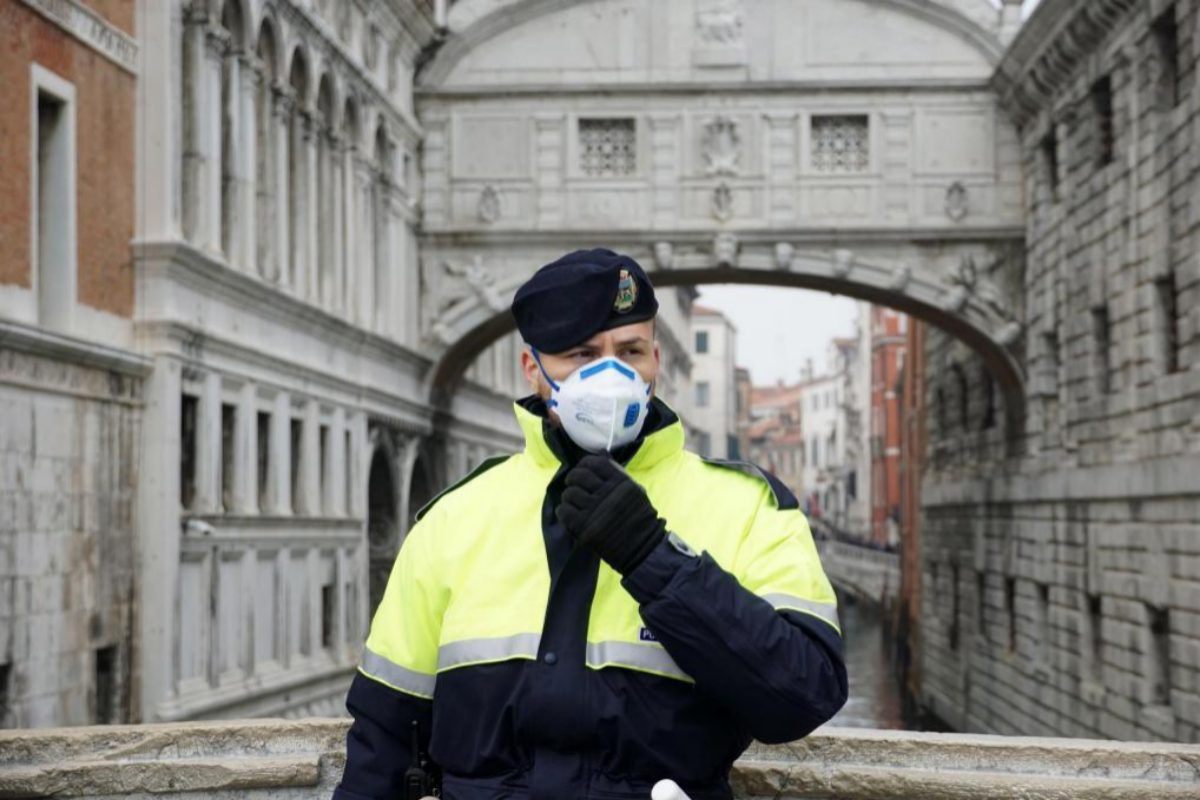The impact of the coronavirus could halve the growth of the world economy in 2020 and place it at 1.5%, according to the most adverse scenario analyzed by the OECD , which anticipates that if the virus spreads massively in Japan and Europe both They could go into recession.
This is reflected in the intermediate perspectives of the Organization for Economic Cooperation and Development (OECD), which review those published in November, which foresaw a world economic growth of around 2.9%.
The OECD does not rule out that in its most negative scenario - with a prolonged epidemic and widespread contagion to other regions - global gross domestic product recedes in this first quarter.
However, he admits that the evolution in the short and medium term is "very uncertain" . The hypothesis that the peak of the epidemic is reached in China in this quarter and that it is more moderate in other countries leaves the world economic increase this year at 2.4%, five tenths less.
Before the epidemic, the activity was already low but showed signs of stabilization and even improvement. Now, the effect of the coronavirus on trust, financial markets, supply chains and tourism explain the reduction.
Unlike the SARS epidemic in 2003, the interdependencies of the world economy on this occasion are much greater and China plays "a much more important role in production and in the tourism market."
The Chinese province of Hubei, the epicenter of the epidemic, represents 4.5% of Chinese production. And Chinese tourists account for about 10% of international tourists in the world, the agency added.
By countries
At the moment, it is estimated that the G20 GDP will grow 2.7% in 2020, five tenths less than anticipated, and that of the euro zone 0.8% (three less).
The OECD expects the Chinese economy to grow 4.9%, eight tenths less. The impact of the contraction of its production worldwide reflects its growing importance in supply chains and commodity markets, he added.
In the United States , it expects an increase of 1.9% (one tenth less) by 2020, 0.2% (four less) in Japan , 0.8% (two less) in the United Kingdom, 0.9% in France (three less) and 0.3% in Germany (one less), according to their forecasts, which do not include Spain.
The OECD asks to act "quickly" against the coronavirus , with sufficient means against infection, support for the health system and "vulnerable" companies, and concerted action of the G20 with other countries if downside risks materialize and growth out much weaker for a prolonged period.
More public spending
That should include the collective commitment to increase the necessary public spending.
Given the possibility that the epidemic remains restricted and those policies take effect, the organization, based in Paris, estimated that the rise in the world economy will rise to 3.3% in 2021, three tenths more than expected in November . The G20 will grow 3.5% (two tenths more) and the Eurozone 1.2%, a percentage unchanged.
Coronavirus is not the only immediate risk that weighs on the economy, according to the OECD.
Trade tensions between China and the United States, uncertainty about future trade relations between the European Union and the United Kingdom and the persistence of "financial vulnerability" factors are other threats registered by the Paris-based agency.
According to the criteria of The Trust Project
Know more- Coronavirus
- Covid 19
Health Iranian Vice Minister of Health Iraj Harirchi is infected with coronavirus
Health Coronavirus Map: This is how it has expanded
SaludCoronavirus in Spain: Quarantine in police custody at the Tenerife hotel where the infected Italian was staying

